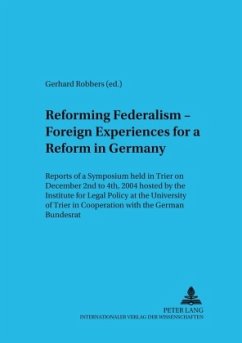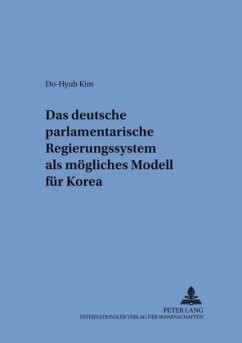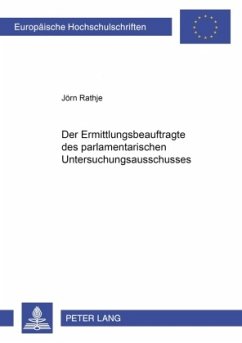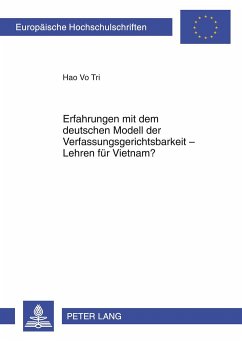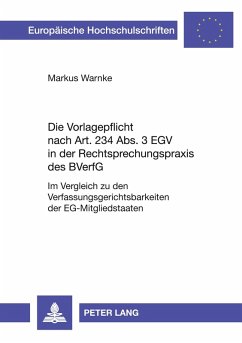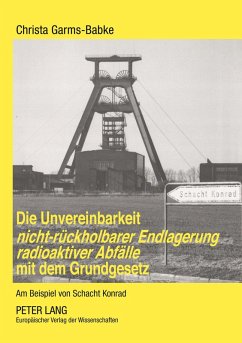
The German Constitution Turns 60
Basic Law and Commonwealth Constitution- German and Australian Perspectives
Herausgegeben: Bröhmer, Jürgen
Versandkostenfrei!
Versandfertig in 6-10 Tagen
64,80 €
inkl. MwSt.

PAYBACK Punkte
0 °P sammeln!
The 60th anniversary of the German Constitution provided the backdrop for a Conference at the Australian National University on 22nd and 23rd May 2009, bringing together Australian and German constitutional scholars to discuss core features of the constitutions of both countries. The following issues were presented and discussed from an Australian and German perspective respectively: Federalism as both countries are organized as federations; the concept of human dignity which is a central pillar in the German constitutional and legal system but not mentioned in the Commonwealth Constitution at...
The 60th anniversary of the German Constitution provided the backdrop for a Conference at the Australian National University on 22nd and 23rd May 2009, bringing together Australian and German constitutional scholars to discuss core features of the constitutions of both countries. The following issues were presented and discussed from an Australian and German perspective respectively: Federalism as both countries are organized as federations; the concept of human dignity which is a central pillar in the German constitutional and legal system but not mentioned in the Commonwealth Constitution at all; international cooperation and integration as a challenge for any constitutional system in the globalised world; the German Basic Law and the Australian Commonwealth Constitution and their important roles in resolving major social conflicts in both societies, the relationship between the various branches of government as a core issue for both constitutional systems, and the concept of free speech or, broader, the freedom of communication as the central and fundamental right and core prerequisite for any democratic system and the history of the Basic Law.




